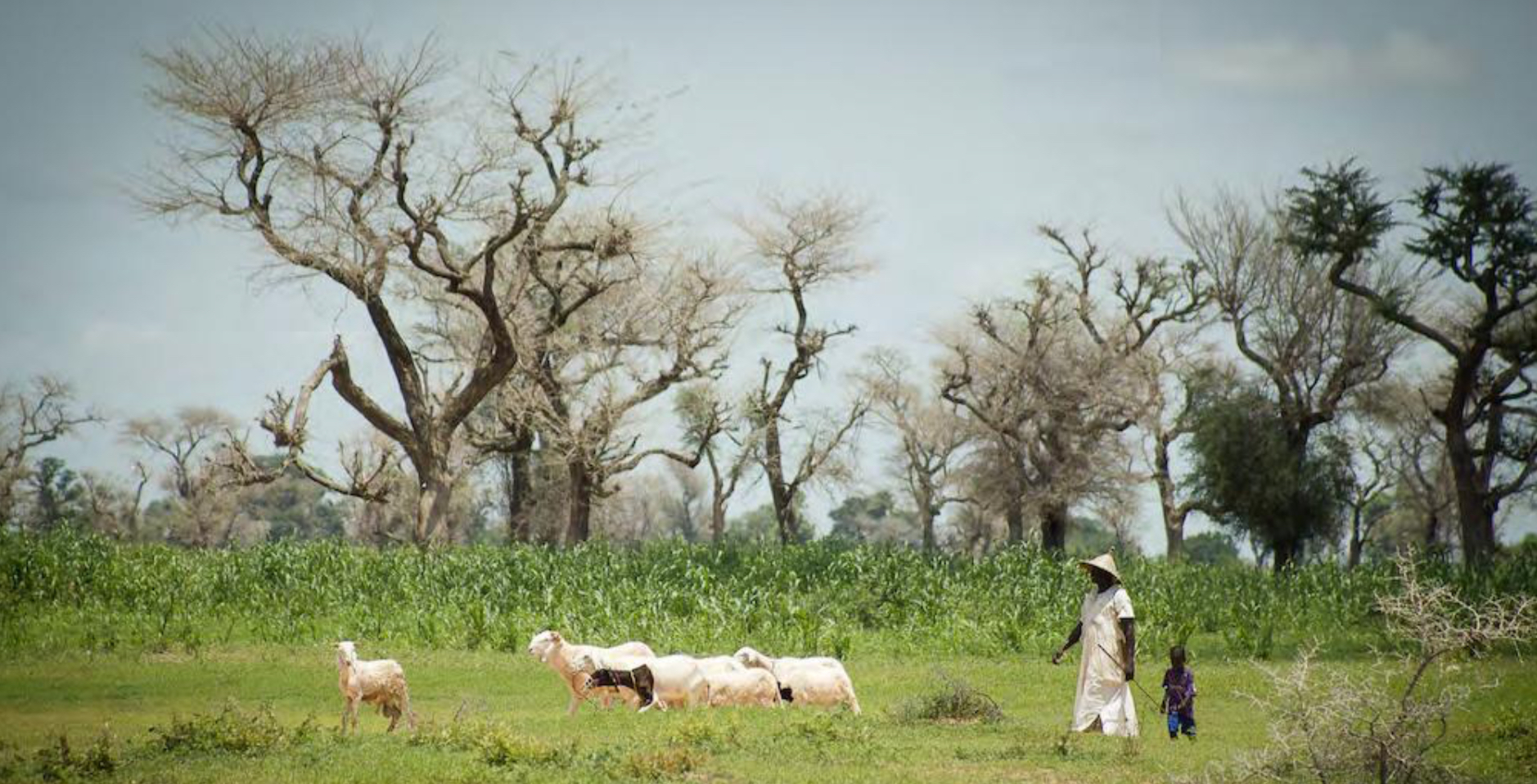In 2024, the Netherlands confirmed its position as the European leader in the field of plant-based proteins. Faced with environmental challenges and the growing demand for sustainable alternatives, the country has stepped up its efforts to develop this sector. Among the year’s key initiatives, the collaboration with the French company Genopole illustrates the Netherlands’ willingness to establish international partnerships to accelerate innovation in alternative proteins.
The consumption of plant-based proteins continues to grow in the Netherlands, where more and more consumers are opting for flexitarian or vegan diets, aware of environmental and health issues. This demand is supported by a diverse offer of local products based on peas, soybeans and other legumes, allowing consumers to access a wide range of plant-based alternatives.
To support this transition, the Dutch government has set ambitious goals: to balance animal and plant protein intake in the coming years. At the same time, public and private investments are allocated to intensify research in the agri-food sector. In 2024, several collaborative projects, including the one with the Genopole biocluster, focused on improving the quality of legumes and on innovation to make these products more attractive and accessible. Wageningen University, one of the country’s leading agri-food research institutes, is actively contributing to this mission by exploring the nutritional benefits and production techniques of plant proteins.
This dynamism is also attracting several start-ups, some of which such as “The Vegetarian Butcher” and “Meatable” have already become essential. With the help of government support and tax incentives, these companies are developing plant-based protein products that appeal to a wide audience, while retailers such as Albert Heijn now offer entire shelves dedicated to 100% plant-based products.
While promising, the sector still faces some challenges, including increasing local pulse production and convincing more consumers to make the transition. With strategic collaborations and an environment conducive to innovation, the Netherlands seems ready to make plant-based proteins a pillar of its dietary model and inspire other countries to follow suit.




